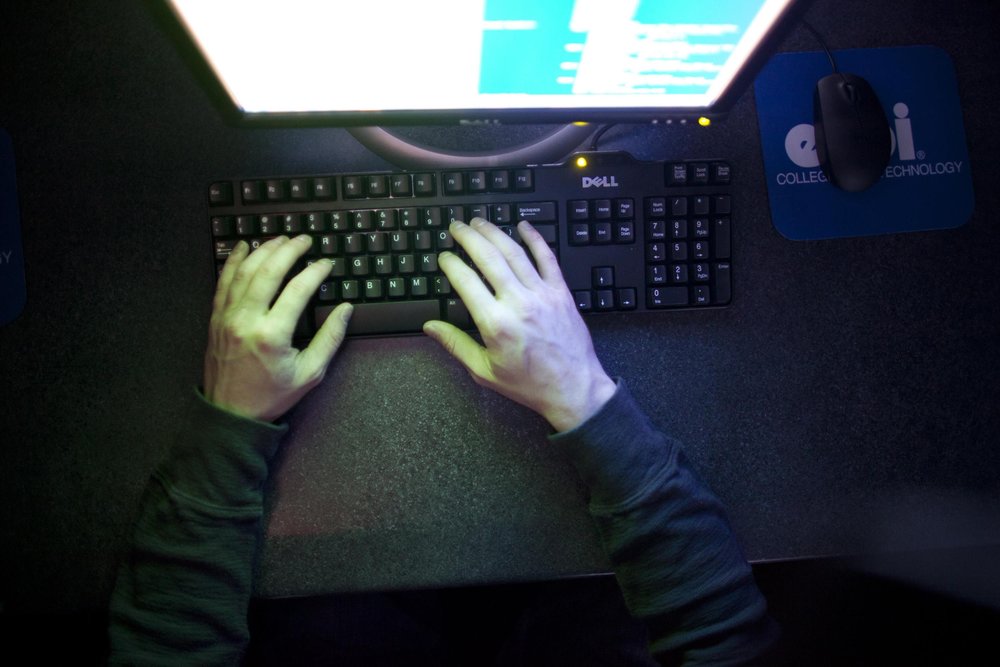Iran testing cyber defense shield

TEHRAN - An Iranian minister has said that a cyber-defense shield, which can stop malware attacks on the country’s power grid, including nuclear facilities, has been successfully tested.
“The country’s young scientists have successfully tested a cyber-defense shield for the country's automated industrial systems,” Information and Communications Technology Minister Azari Jahromi said, Entekhab reported on Sunday.
According to the minister, the shield “can practically stop industrial sabotage malware such as Stuxnet in systems including Iran’s power grid.”
In late 2007 or early 2008, the U.S. and Israel reportedly launched a sophisticated digital weapon called Stuxnet against control systems in Iran, sabotaging centrifuges at a uranium enrichment plant. The two countries are suspected of deploying the Stuxnet malware, uncovered in 2010, that sabotaged components of Iran’s nuclear program.
That event put cyber security on the top of the priority list for Tehran, considering that the Stuxnet computer virus destroyed thousands of centrifuges involved in Iran’s nuclear program. Iran's civil defense chief Gholamreza Jalali said in 2018 that up to 50,000 cyber-attacks target computers in Iran every year.
On April 28, Leader of the Islamic Revolution Ayatollah Ali Khamenei highlighted the necessity for efforts to ensure the security of cyber space, saying, “The virtual space has greatly pervaded the lives of people today, and apart from the advantages and possibilities, it entails major threats as well.”
More recently, Jahromi said his ministry has developed initiatives to counter the U.S. government’s acts of cyber terrorism and hostile measures, such as removing Iranian mobile phone applications from Apple iPhones.
“In order to counter those threats, we have set up a task force in the National Center of Virtual Space since a year ago, which has studied various scenarios, threats and sanctions, and the necessary approaches have been adopted,” the Fars news agency cited the minister as saying on May 13.
Over the last decade, the U.S. has repeatedly accused Iran of carrying out cyber-attacks against it and its allies.
“From the destructive wiper virus attacks on the Saudi Arabian oil industry in 2012 and again in 2018, to the increasing drumbeat of distributed denial of service attacks on U.S. banks between 2012 and 2013, the destructive attacks targeting the Las Vegas Sands corporation in 2014, the major intrusion campaign targeting U.S. companies and others between 2016 and 2017,” are among Iran’s cyber activities, the Washington-based media outlet The Hill reported on May 15.
According to caspiannews.com, in September 2018, the American cybersecurity firm FireEye said that an Iranian government-aligned group of hackers launched a major campaign targeting Middle Eastern energy firms and others ahead of U.S. sanctions being imposed on Iran, warning that further attacks are possible.
Meanwhile, Iran's mission to the United Nations rejected FireEye's report, calling it "categorically false”.
“Iran's cyber capabilities are purely defensive, and these claims made by private firms are a form of false advertising designed to attract clients,” the mission said in a statement.
SP/PA
